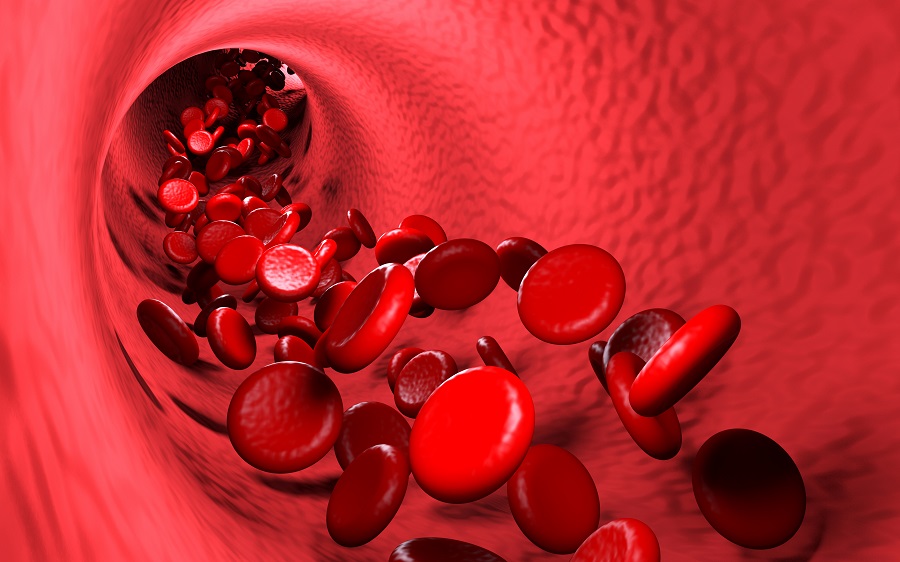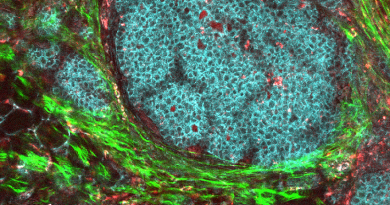Crucial support to study rare diseases: hemostasis and thrombosis
Disorders of hemostasis and thrombosis are serious blood conditions leading to excessive bleeding or clotting, respectively. Although our understanding of these conditions has advanced significantly in recent years, more research is needed to understand this complex group of disorders.

Patients with thrombosis will present with swelling or pain of the extremities or trouble breathing secondary to pulmonary embolism. Disorders of hemostasis, on the other hand, are characterized by frequent nosebleeds, heavier than normal bleeding from the mouth, skin or joints, and severe bruising accompanied by bleeding. Treatment for thrombotic disorders typically involves prolonged use of blood thinners, and treatment for disorders of hemostasis require specific clotting agents.

Dr. Sarah Sartain, assistant professor of pediatrics-hematology/oncology at Baylor College of Medicine, studies these blood disorders.
“Our research is focused on von Willebrand factor, a protein that helps our blood to clot after a traumatic event,” Sartain said. “While we know that deficiency or altered structure of this protein leads to the bleeding disorder von Willebrand disease, we also want to understand how this happens and what can be done to manage that.”
Sartain explains that she specifically studies how the von Willebrand factor interacts with another group of proteins that make up the alternative complement pathway, part of our immune system. The interaction between von Willebrand factor and these proteins is particularly dangerous because it results in the formation of clots in tiny blood vessels in many organs, such as the lungs, gastrointestinal tract or kidneys, leading to tissue damage.
The mission of Sartain’s research and the lab in which she works is to understand von Willebrand factor in both clotting and bleeding, and this mission stems from the support of the Mary Rhodes Gibson Foundation. Gibson, who had type 3 von Willebrand disease, a particularly rare and severe form of the disease that results in the complete lack of von Willebrand factor production, would routinely donate samples of her blood to the research team. She also donated her estate to support von Willebrand factor research upon her passing.
“We learned so much about the function of von Willebrand factor from Ms. Gibson’s blood. Those samples were invaluable to the study of this disease. Although we may no longer have samples of her blood, the funding from her foundation, the Mary Rhodes Gibson Foundation, is crucial in allowing us to study the protein at a molecular level and to pursue research in an area that is often overlooked,” Sartain said.
Ongoing support from the foundation ensures that Sartain and her research group will be able to completely characterize all of the functions of von Willebrand factor and ultimately understand how pathogenic bleeding and clotting occur in patients.



